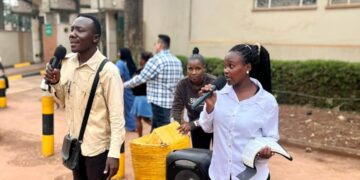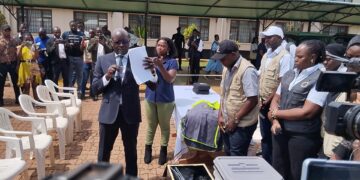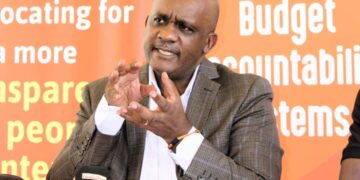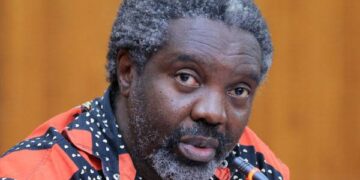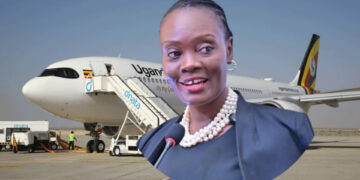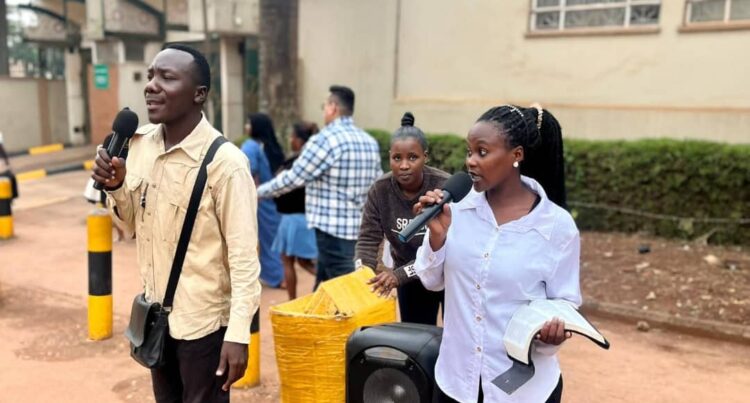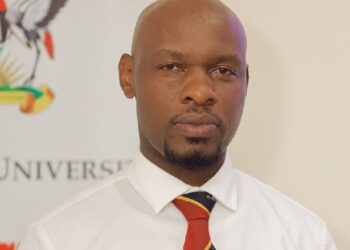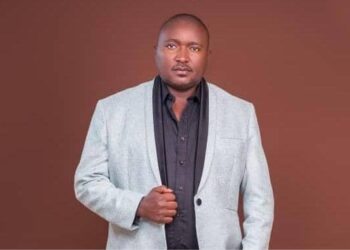Guest Writer
Kampala’s streets are no longer just for bodas, taxis, and street vendors. They’ve become open-air churches, with youth preachers multiplying faster than taxis at rush hour. Surely, something needs to be checked.
With these alarming numbers, soon the only traffic jam left will be between sermons, not vehicles. On some corners, commuters and pedestrians listen to three simultaneous sermons; one on prosperity, one on hellfire, and a third explaining why the stubborn Wi-Fi connection is proof that Satan works overtime in Uganda.
Forget potholes, city dwellers are now dodging “Praise the Lords”, “Olokoka Ddi” and unsolicited altar calls. In the middle of the road where a zebra crossing once existed, a self-appointed evangelist now shouts: “Young man in the red shirt, God says stop sinning!” The young man in question? Just trying to cross the street to buy UGX500 handkerchief.
Uganda’s GDP will soon be measured in “tithe baskets” per capita
Perhaps, Hajjati Sharifah Buzeki and her city planning committee at Kampala Capital City Authority (KCCA), are considering a strange idea, drafting a “Preacher Zoning Ordinance”, where one lane is reserved for boda bodas, another for taxis, and the third strictly for “repent or perish” announcements. Pastors might be lobbying for Sunday traffic lights to be replaced with pulpit stands.
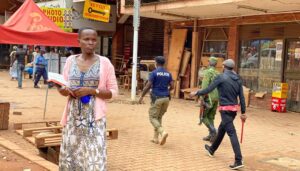
Economists have joined the debate too. One analyst warned that if this trend continues unchecked, Uganda’s Gross Domestic Product will soon be measured in “tithe baskets per capita.” Meanwhile, skeptics argue that youth unemployment is the real altar behind all this preaching because when jobs disappear, microphones appear.
Nonetheless, street preachers insist they are offering free spiritual insurance against potholes, corruption, umalaya, Nakivubo drainage channel redevelopment rifts, and heartbreak. One enthusiastic young man declared, “I don’t need a job in government; my employer is Jesus, and He pays in eternal life.” When asked how that pays rent, he promised to “pray about it.”
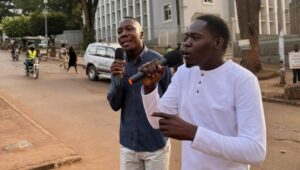
Not to be left out, political leaders are quietly watching this rise. One MP joked (off record) that with this many young men preaching on pavements, Uganda’s 2026 elections may be decided not at the ballot box, but at the loudest street sermon. After all, whoever controls the loudspeaker controls the gospel, and possibly the voters.
At this rate, Kampala doesn’t need a new cathedral; the entire city is already one. The only question left is whether the next census should count citizens by tribe, religion, or microphone ownership.
Until then, if you’re heading downtown, carry earplugs. Between the taxis honking and the youth shouting “Repent!”, peace of mind has officially become Kampala’s most endangered species.
